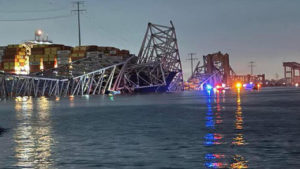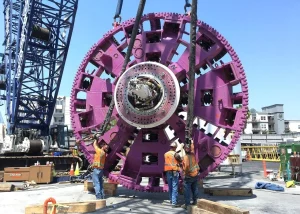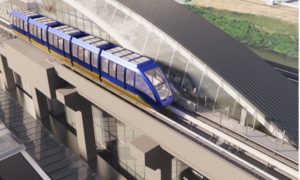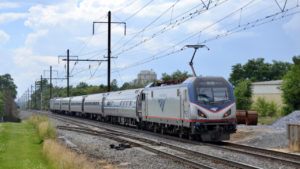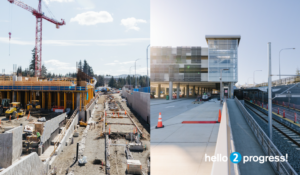Metra Board approves inward-facing cameras; contracts for station, bridge work
Written by Mischa Wanek-Libman, editor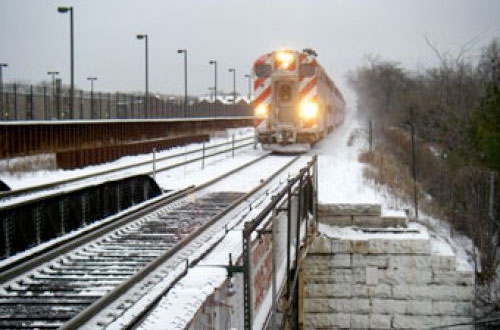
The Metra Board of Directors approved a trio of contracts May 24 that will see inward-facing cameras installed on its system, renovations made to its Hazel Crest Station and work performed on several bridges.
Metra says it was taking steps to install inward-facing cameras ahead of pending federal rules. The $11-million contract will replace the camera system on Metra’s trains with an upgraded system that includes inward-facing cameras in the locomotives, cabcars and Highliner cars to record the actions of engineers.
Congress in 2015 ordered the Department of Transportation to draft rules within two years to require passenger railroads to install inward-facing and outward-facing cameras in all locomotives and other operating compartments. Metra says those rules are expected from the Federal Railroad Administration by the end of 2017.
“At Metra, safety is our highest priority, and we are pleased to be moving forward with this safety feature before the requirement takes effect,” said Metra Executive Director/CEO Don Orseno. “These cameras will give us another tool to ensure we are operating as safely as possible.”
Additionally, the board approved three contracts worth $48.2 million to replace or repair several bridges along the Union Pacific North Line on the North Side of Chicago and build the new inbound half of the Ravenswood Station.
“These projects represent a major investment in the infrastructure along the UP North Line, which is essential to maintaining safe, reliable service,” said Orseno. “Together, these improvements will have a lasting impact that our customers will benefit from for many years to come.”
The board approved a $17.2-million contract with Judlau Contracting Inc. of Lisle to replace the bridges that carry the inbound UP North Line tracks over 11 streets from Grace to Balmoral. The bridges are more than 100 years old and can no longer be economically repaired and maintained. Construction of bridges for the outbound tracks over the same 11 streets was completed in 2015. The new bridges will last for more than 100 years.
Kenny Construction Company of Northbrook was awarded a $15.5-million contract to rehabilitate the bridges that carry the UP North Line over Webster Avenue and the North Branch of the Chicago River just north of Webster (known as the Deering Bridge).
Finally, IHC Construction Companies of Elgin was awarded a $15.5-million contract to build the new inbound half of the Ravenswood Station, the busiest station on the line outside of downtown. The work will mirror that of the outbound half of the new station, which was completed in 2015.
The station will have longer, covered platforms, warming shelters, new lighting, ramps, stairs, new landscaping and a vendor space. Once the work is complete, the station will be fully compliant with the Americans with Disabilities Act. Customers will continue to use the temporary inbound platform until the new station and bridge project are complete.
Work on all three projects is expected to begin in July. The work on the Deering and Roscoe bridges will take about a year, while the work on the other bridges and Ravenswood Station will take about 30 months. Construction could result in minor delays to off-peak trains.
The commuter agency’s board also approved a $3-million contract to the Bowa Group Inc. of Chicago to renovate the Hazel Crest Station on the Metra Electric Line. The work includes construction of a new street-level depot complete with vendor space and restrooms, as well as the replacement of the station’s stairways. The project will also include the addition of an elevator on the north end of the station, which will make the station fully compliant with the Americans with Disabilities Act.
The bridge contracts and Hazel Crest Station work are part of Metra’s 2017 construction program, which includes approximately $216 million in infrastructure improvements to 29 stations, 21 bridges and 29 road crossings and the replacement of 57,000 railroad ties to ensure safe and reliable service and maintain a state of good repair systemwide.

